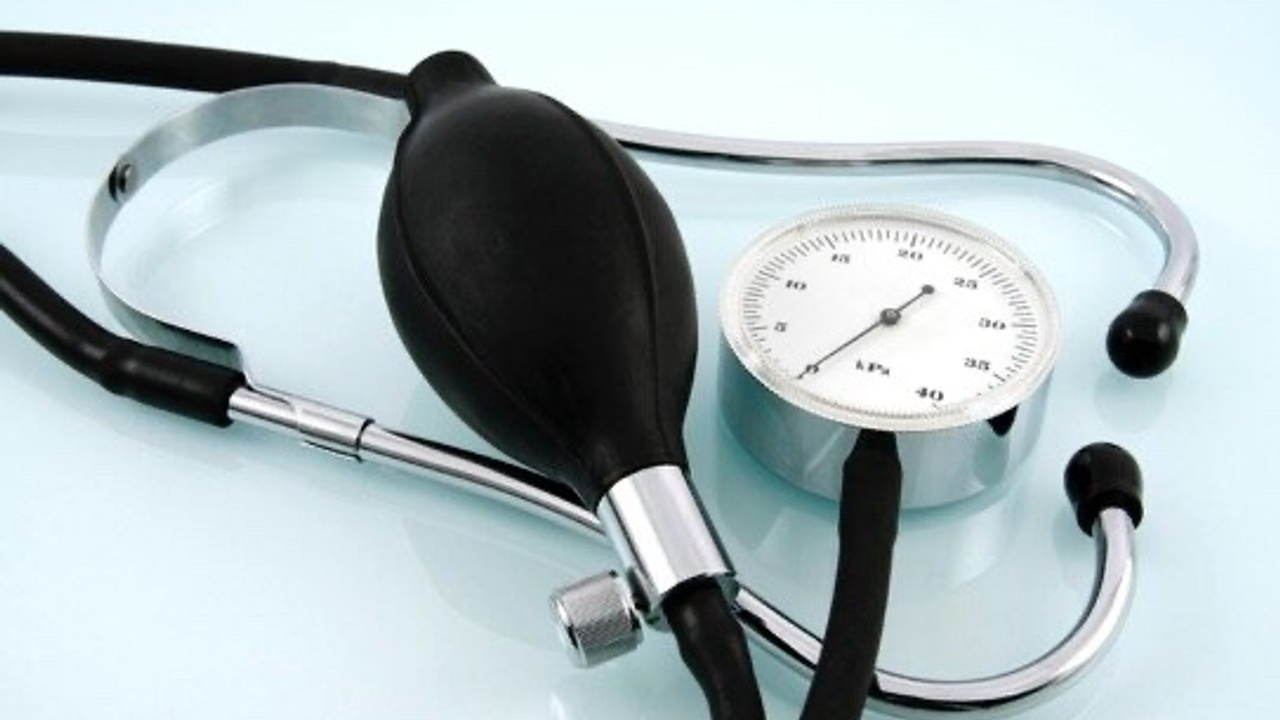Sick Care or Health Care?
Oct 31, 2021
Sick care or health care?
US healthcare is the most expensive in the world and rated 37th in overall level of health when compared to 191 member nations according to The World Health Organization (WHO).
In 2007, 45% of Americans were living with one or more chronic diseases and that 45% accounted for 75% of the almost $2.4 trillion spent on health care that year. If we compare ourselves to Japan, the industrialized nation with the longest life expectancy (82.07 years), we spend more than twice as much per capita on health care.
About $3 out of every $4 spent on healthcare is used to treat chronic and degenerative illnesses with many of these resulting from or being compounded by lifestyle habits. Examples of these illnesses are heart disease, stroke, lung disease, obesity, diabetes, osteoporosis, arthritis, and many digestive, inflammatory, and hormonal illnesses.
What is health?
It is essential to help sick people get well. But, how did they get sick in the first place and what could be done to keep them from getting sick? When we get healthcare are our symptoms being helped or are we actually becoming healthy? What is health?
“Health is a state of complete physical, mental, and social well being, and not merely the absence of disease or infirmity.*”
Health has no inherent value. The benefit associated with health comes from the usefulness of possessing good health; an essential resource required for living life well.
Or as the Greek physician Heriphilos said 2,300 years ago –
‘When health is absent,
wisdom cannot reveal itself,
art cannot manifest,
strength cannot fight,
wealth becomes useless,
and intelligence cannot be applied.’
What is effective healthcare?
It can be argued that the essential components of effective healthcare are that it (1) optimizes function and minimizes disability and (2) maintains function and independence until end of life.
Conventional medicine is a critical part of the healthcare system – it has wonderful tools for treating severe traumas and infections and people who are severely compromised by pathological illnesses.
For other health problems, the greater percentage of illnesses that aren’t life-threatening, but tend to be chronic and progressive – further and further limiting abilities and well being and compromising a full, rich and joyful life?
Conventional medicine isn’t usually the best option.
What to do instead? Restore function. For most people who have health problems, the key issue isn’t disease, it is dysfunction. There are parts and systems in their body that doesn’t work right.
And there is a kind of care that does just that – restore function. It is called functional medicine or functional healthcare, but I feel there is a better term for this kind of care –
Systems-driven healthcare
There are exceptions, but most conventional healthcare is driven by treating symptoms – it is symptom-driven healthcare. For most health problems that people commonly deal with it’s just not a good model (that’s a nice way of saying it doesn’t work).
That’s why for most people with type II diabetes, for instance, the progression is a slow, progressive and steady decline in health and function and a steady increase in disability.
Not good.
Systems-driven healthcare can be measured.
Systems-driven healthcare is another way. If someone does their homework, a doctor practicing systems-driven healthcare can lead them to being free of type II diabetes or at least to the level of being insulin resistant rather than drug dependent. How do I know this? Because I’ve seen it reproduced for several decades with proof using the same gold-standard laboratory testing that conventional medicine – less costs and better outcomes with the individual being more in control of their health through education and coaching.
A better option?
Because systems-driven healthcare is a drug and surgery free approach to healthcare any of the essential healthcare providers (allopathic, chiropractic, naturopathic, osteopathic) can provide it. The focus of system-driven healthcare is to measure and optimize body functions. This approach reframes healthcare from being reactive (symptom-focused) to proactive (function-focused).
Systems-driven healthcare in action
-
Measures health status through measuring body functions.
-
Promotes health by restoring body functions.
-
Teaches selfcare so you can control your own health.
What does systems-driven healthcare look like?
Body function is the focus of care in system-driven healthcare because body function is the true measure of health status.
The initial phase of functional healthcare looks familiar in that the traditional tools of history, physical exams, laboratory testing, and imaging are used. Ultimately, diagnosis, though, will include both the illness and the cause or causes and both the illness and the causes will be addressed during care.
Treatment is likely to include methods that organize your nervous system through osteopathic, chiropractic, and acupuncture methods, balancing your body chemistry with clinical nutrition, including vitamins, minerals, herbs, and other supplements, and addressing the effects of physical and emotional stress.
Teaching and coaching a patient how to practice selfcare is also essential to healing.
Does it work?
How do I know this approach works?
-
I’ve measured the results before and after using conventional medicines standards and metrics for successful care for over 30 years.
-
See #1 – the proof is in the measure.
*World Health Organization (1998)
Dr. Force's weekly healthletter shares health related links and articles, new blog posts, inspiring quotes, and some other things just for fun.
We hate SPAM. We will never sell your information, for any reason.
